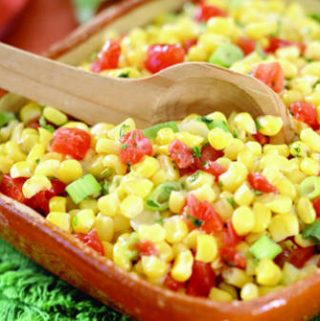Meal planning seems daunting at a though and most people have a lot of questions; how do I start? Will I actually save money? How will I save money? So, to give you an idea of how to save money when meal planning, we’ve put together a list of tips and tricks for you to follow.
Create a week-long meal plan:
First things first, sit down and create a week-long meal plan. As tedious as this sounds, this can be made a fun activity for the whole family. Instead of one person picking all the meals, get everyone to pick at least one meal they want. Whether it’s their favourite or one they want to try this is a great way to get all the family involved and happy for at least one meal. Once this is done, you’ll be able to see what ingredients you will need and which ones can be used in multiple meals.
If you have kids/teenagers which need to lunches to take to school, rather than giving them money for the school canteen, get them to pick what they would like for lunch each day. That can be any leftovers from dinner the night before or meat from the roast dinner to fill their sandwiches. This way you’ll know your kids are getting a good healthy lunch, plus you’ll be saving yourself some money.
Write a shopping list from your week-long plan:
Once you have worked out what meals you want to make over the next week, search the internet for ingredients you will need. Write this down into a list, sectioning it into meats, bakery, tins etc. if this will help you shopping in the supermarket. If there are ingredients which you can use in multiple meals this will mean there will be a way for you to save money. Whether it’s buying a slightly bigger chicken joint for the Sunday roast so you are able to have sandwich fillings for a few days or getting that bigger portion of mincemeat and some beans to turn a spaghetti bolognaise sauce into a chilli. That brings us on to our next step.
Use ingredients which can be used for more than one meal:
When it comes to creating a meal plan, writing all the meals for the week down will help you see what ingredients you will need. Trying to buy ingredients which can be used throughout a number of your meals will help keep your costs down. For example: one family member wants to spaghetti bolognaise and another wants to have chilli. Instead of having one at the beginning of the week and one at the end, why not have them one day after the next. This way you can purchase a large pack of mincemeat (which will work out cheaper than two smaller portions) and use one lot of tomato sauce and puree. Once you have portioned out the bolognaise mix, simply add one tin of baked beans and this will thicken up the left over sauce giving you enough for sauce for the chill the next day.
Stick to your list when you do your shop:
Everyone can be tempted by those extras you walk past in the supermarket. It’s important though you try to stick to your list as well as possible if you want to save money when food shopping. The occasional extra or a good multibuy is great everyone once in a while but constant throwing of extras in the trolley is where the money really adds up. If you want to give the kids some treats, ask them what one chocolate bar/ice cream flavour they really want but try not to by any more than that. This way your shopping bill will stay love but your family will stay happy and full.
Buy cheaper brands:
It’s really easy to be sucked in by high branded products with a well-known name. However, by simply going to a store’s own brand products rather than popular brand products. Also researching into which supermarket near you is best priced is another great tip. By doing this and all the other tips on this list will save you some money when it comes to meal prepping.




